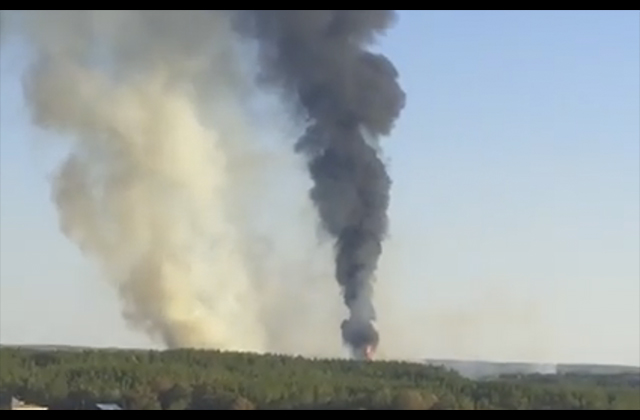The National Transportation Safety Board (NTSB) announced Friday (November 4) that it was investigating a gasoline pipeline explosion that killed one worker and seriously injured four others on October 31 in Helena, Alabama.
The independent federal agency reports that it will have investigators in Alabama for several days to conduct interviews, collect physical evidence and document the site and area. They will also interview staff and review the control room operations and documents at Colonial Pipeline offices in Alpharetta, Georgia. The Pipeline and Hazardous Materials Safety Administration (PHMSA) is working with NTSB “to ensure all documentation and relevant information PHMSA developed in the first hours and days following the accident are shared with the NTSB,” according to the NTSB statement.
Amid all this, Colonial reported yesterday (November 6) that it restarted and resumed service of the pipeline—less than a week since the explosion. The company’s statement reads:
Following removal of the affected segment of the pipeline Saturday, installation of the new segment commenced and was successfully completed today. Line 1 was restarted at 5:45 a.m. CST.
Subsequent to today’s successful restart, it is expected to take several days for the fuel delivery supply chain to return to normal.
Five U.S. House Democrats called for this investigation the Wednesday (November 2) following the incident. They wrote in a letter to Department of Transportation Secretary Anthony Foxx:
Monday’s explosion marks the third major incident on Colonial’s system in just over a year and at least the seventh in less than five years. These incidents occurred in a variety of locations throughout Colonial’s system including South Carolina, North Carolina, Virginia and Alabama. While the most recent incident was the first to result in a human fatality, these other accidents caused significant, direct harm to local communities and the environment, while the failure of Line 1 in September also had clear national implications in the form of considerably increased prices for refined petroleum products throughout many U.S. markets.
The September incident the committee members referenced happened on the ninth, when the same portion of the pipeline spilled 338,000 gallons of gasoline near a wildlife refuge. This spill resulted in gas price surges.
“This is an unacceptable situation,” the letter to Foxx also said. “We are concerned that the number, frequency and severity of significant incidents on Colonial’s system over the past five years could be symptomatic of severe underlying problems with the system and the company’s management of that system.”
